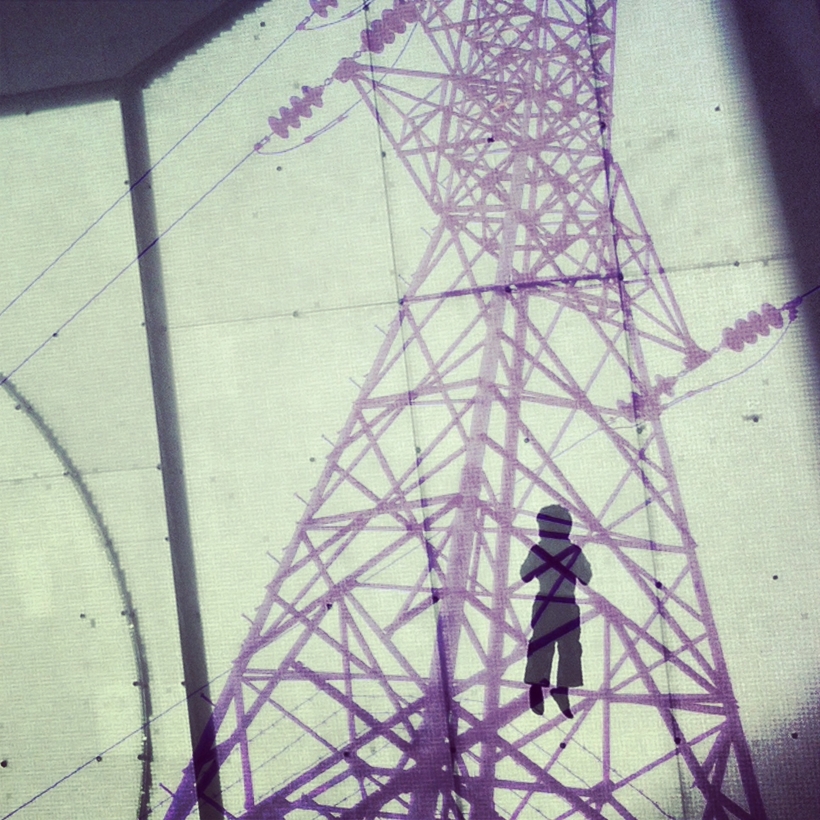It wasn’t easy to talk about, especially under the fluorescent lights in the campus hallway as a stream of professors and students rushed past. I pressed my fingers hard into the stainless steel of my flask of coffee, now cold and bitter.
“I have to get back for my son,” I told Annie, once again turning down her invitation to Taco Tuesday and a chance to hang out with our bookish cohort of M.F.A. students. I so wanted to be young and untethered, and I feared never being able to go. But my son, recently released from the hospital after what the doctors would later call a “psychotic break,” was home alone.
I mumbled something about how he was sedated most of the time but that, when he woke up, he could get restless and fearful. I felt the word “psychosis” hiss out of my mouth like a snake. I remember her taking a step back, maybe even two. Or perhaps I was projecting my own guarded secrecy.
I never wrote much about my son during the rest of the M.F.A. program, nor did I write about him later—at least not for other eyes. My reticence was not new in our family. While my grandmother lived most of her adult life in a mental asylum, our relatives believed she was dead.
I felt the word “psychosis” hiss out of my mouth like a snake. I remember her taking a step back, maybe even two.
But in the twilight hours, as I sat weeping alone, I wrote painstakingly for myself. Copious notes and journal entries. Trying to make sense of his altered state, attempting to order life on the page so it could be contained.
When I finally found it in me to tell our story publicly, I changed my name, all our names. I could hardly sleep the night before the first article appeared, in 2013. My son knew about it, but I still felt like I was cheating on him, betraying some unwritten rule.
Next, I wrote a piece for The Washington Post, this time using my name but changing those of everyone in my family. One step closer to baring my soul. Later, for The New York Times, I let all my barriers drop and entered the ring naked. I wrote it in the present tense, letting readers see my son enter an altered state. Yet even in that telling, I realized later, I had still failed to give my boy a name.
His name is Zach, and his story fuels my memoir. Our whole family is there, exposed. Zach says it makes him feel a little awkward on some days and excited for us both on others. It will be out in the world forever, even when I am gone.
I worry that it may affect him in ways I have not fully considered. How much of this story is mine, and how much does not belong to me?
Like Annie, all I can do is take two steps back and pray that my book will find its way. Perhaps our story is bigger than our names.

Tanya Frank’s Zig-Zag Boy: A Memoir of Madness and Motherhood is out now from Norton


